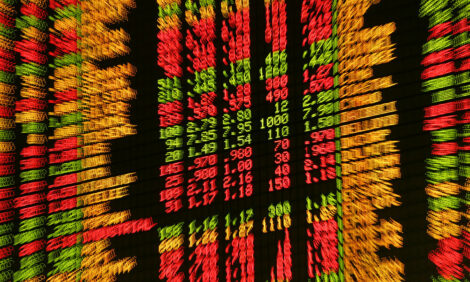



‘Yuck factor’ hard to overcome for cloned beef, despite studies
US - Science fiction - it’s what’s for dinner? Except this isn’t fiction: Cloned cattle and their offspring are grazing out there, waiting to go to market. Some might already have entered the food chain. And, come spring, the U.S. Food and Drug Administration could slap a seal of approval on clones as safe producers of beef and milk.If opinion polls are correct, millions of Americans don’t care to sample it. Yet the news is "kind of ho-hum" to Don Coover.
The Galesburg, Kan., rancher, veterinarian and owner of SEK Genetics - distributor of bull semen - said "it’s silly" for Americans to worry about consuming the stuff of cloned animals or their descendants.
Dozens of scientific studies back him up. "You’re taking a wonderful animal and reproducing its twin, the exact same thing," Coover said. "It doesn’t revolutionize anything."
Check his Web site at www.sekgenetics.com. Among the nearly 2,000 bulls whose semen SEK Genetics sells to ranchers: "Ice Pick (Cloned)."
That word "clone" stirs public unease about a brave new future. Some object to messing with nature; others want labels on food. And yet no law keeps clones such as Ice Pick, or their progeny, from winding up on the nation’s dinner tables now.
Coover said he has sold hundreds of "straws" of semen from cloned bulls, at roughly $30 each, for artificial insemination. His point is that the offspring of Ice Pick or any other clone in SEK’s catalog might already have passed through the market, without incident.
The FDA years ago issued an informal "voluntary ban" on sending cloned livestock or their offspring to market. In December, after sizing up the research, the agency signaled a willingness to lift that "ban," pending a three-month period of public comment. "There is a voluntary ban for now, but it is just a voluntary ban," said Karen Batra, public affairs director for the National Cattlemen’s Beef Association. "There very well could be the product of cloned animals already in the food supply."
Source: Columbiatribune.com


